|
Getting your Trinity Audio player ready...
|
Juneteenth is the national American holiday that recognizes and celebrates an important moment in the country’s history: the final emancipation of African slaves in the United States following the 13th Amendment in 1865. Despite being 159 years old, the holiday was not recognized as a federal holiday until June 17, 2021, and is not well known by many Americans.
Junior criminal justice major Makayla Delmore said she was being taught about Juneteenth by her father when she was a teen, who regularly spoke to her about the challenges Black children have to face as they grow up.
“Although it is disheartening that a specific talk for African American children occurs due to the stereotypes placed on us, I understand that it acts as a sign of protection as a criminal justice major. I hope that change continues to ensure equality for all. However, as I began to have this talk with my father about the challenges I would face in this country, the importance of Black history and discussion of Juneteenth was ever-present, which I am forever grateful for,” Delmore said.
On January 1, 1863, President Abraham Lincoln announced the Emancipation Proclamation, which promised the eventual freedom of enslaved peoples in Confederate states. Later, the 13th Amendment abolished chattel slavery in the entire United States. However, word of the proclamation did not reach every Confederate state, which led to emancipation in certain states coming later than others.
The last area of Confederate territory to be emancipated was Galveston, Texas, where 250,000 enslaved Black people were freed. Galveston is now considered to be the birthplace of Juneteenth. Early celebrations of the holiday were referred to as “Jubilee Day.”
Despite the holiday’s place in American history, very few Americans knew about it until 2020, when the death of George Floyd sparked global conversations on race.
Sophomore biology major Chastity Partlow said she feels the resurgence in awareness of Juneteenth has its pros and cons.
“I see both views because I do think that is good that people are talking about it and celebrating it more, but at the same time, I do think companies are using it as a marketing gimmick, such as when I go to stores and see Juneteenth cups and shirts. But, in fairness, this happens for everything,” Partlow said.
From starting off as a national celebration to a federally recognized holiday, Juneteenth remains a day many African Americans consider to be a second Independence Day, one that is celebrated with parades, cookouts and street festivals.


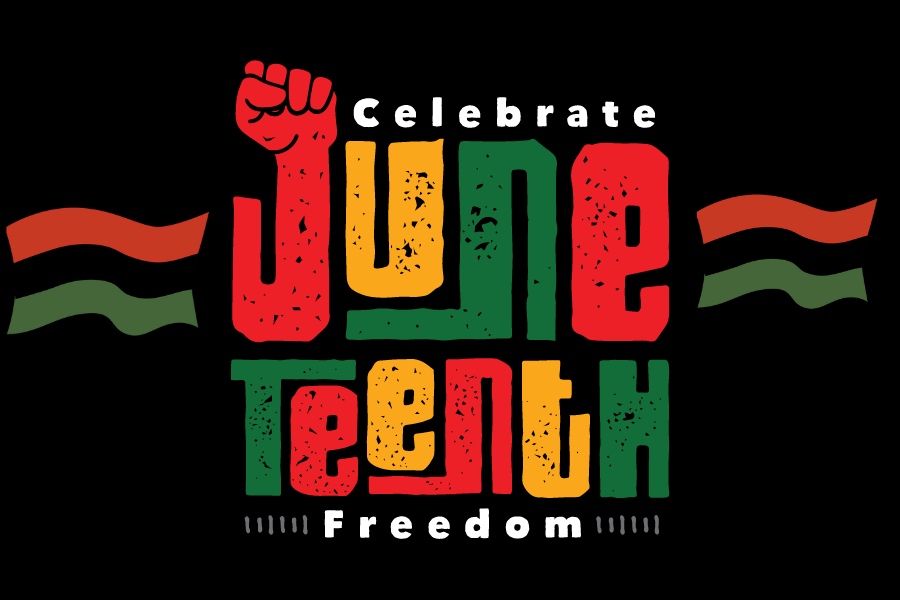
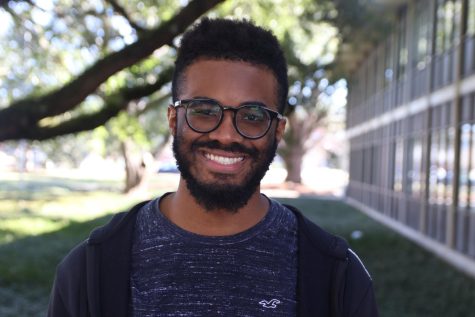
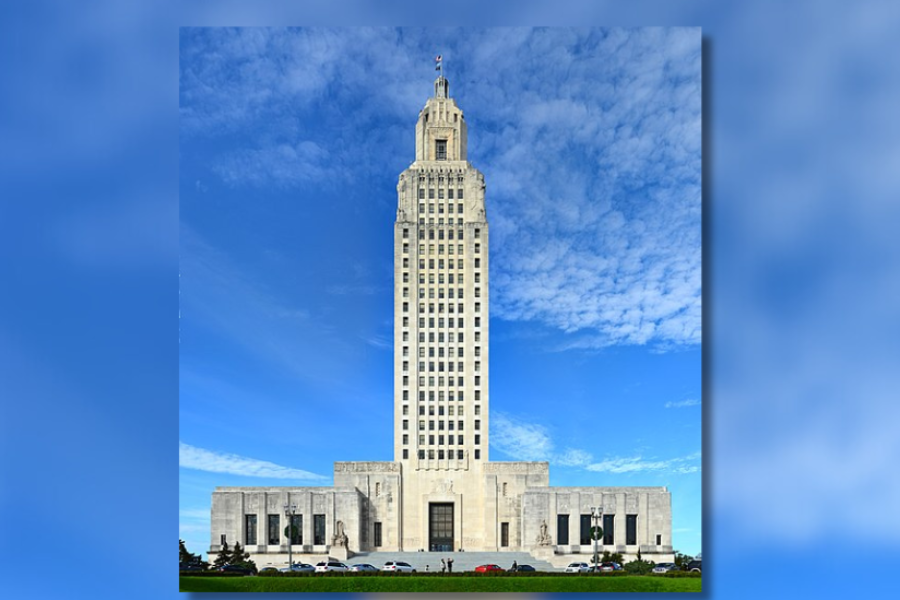
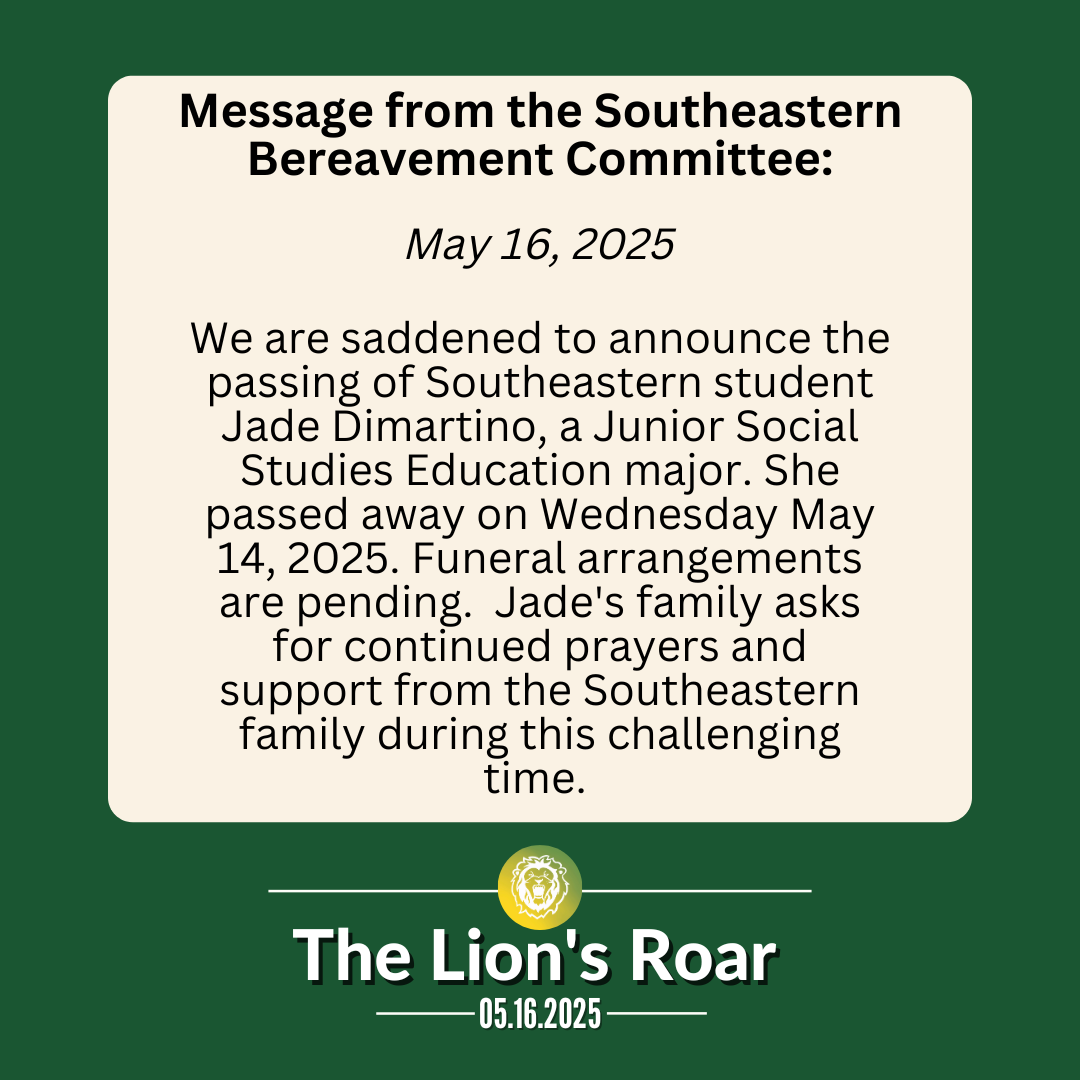
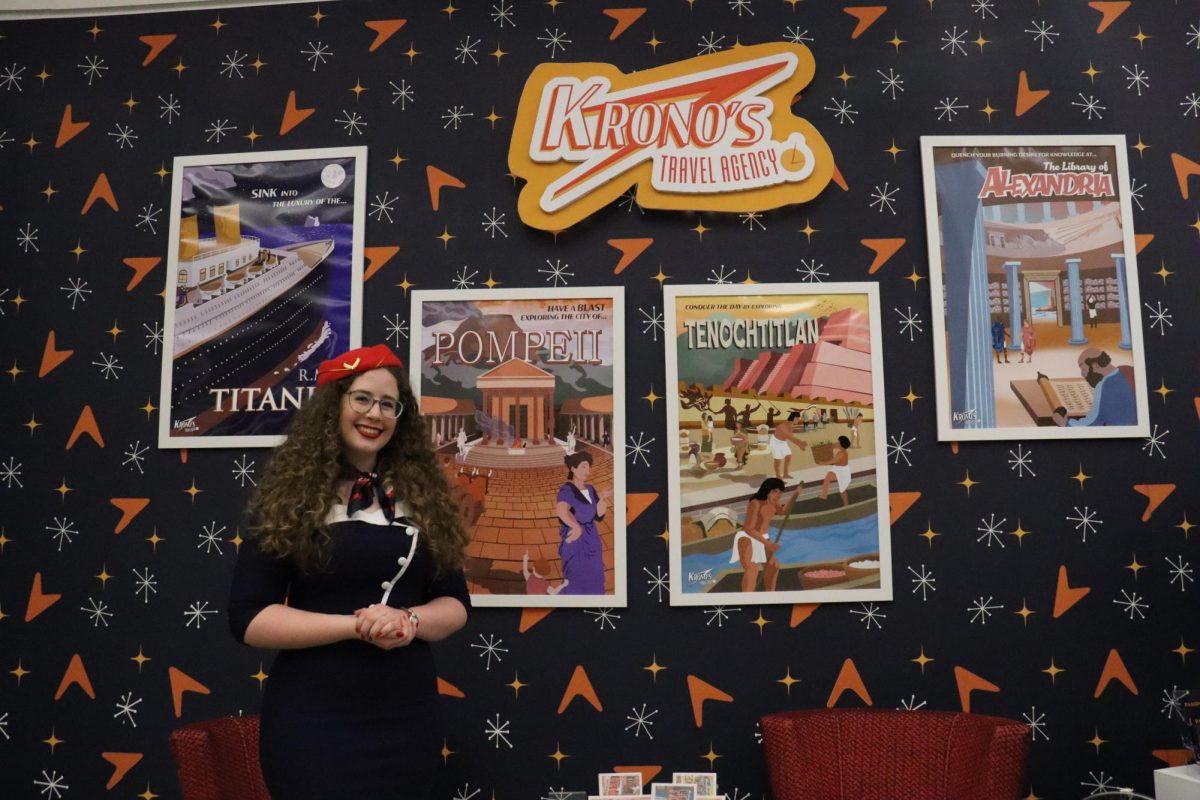
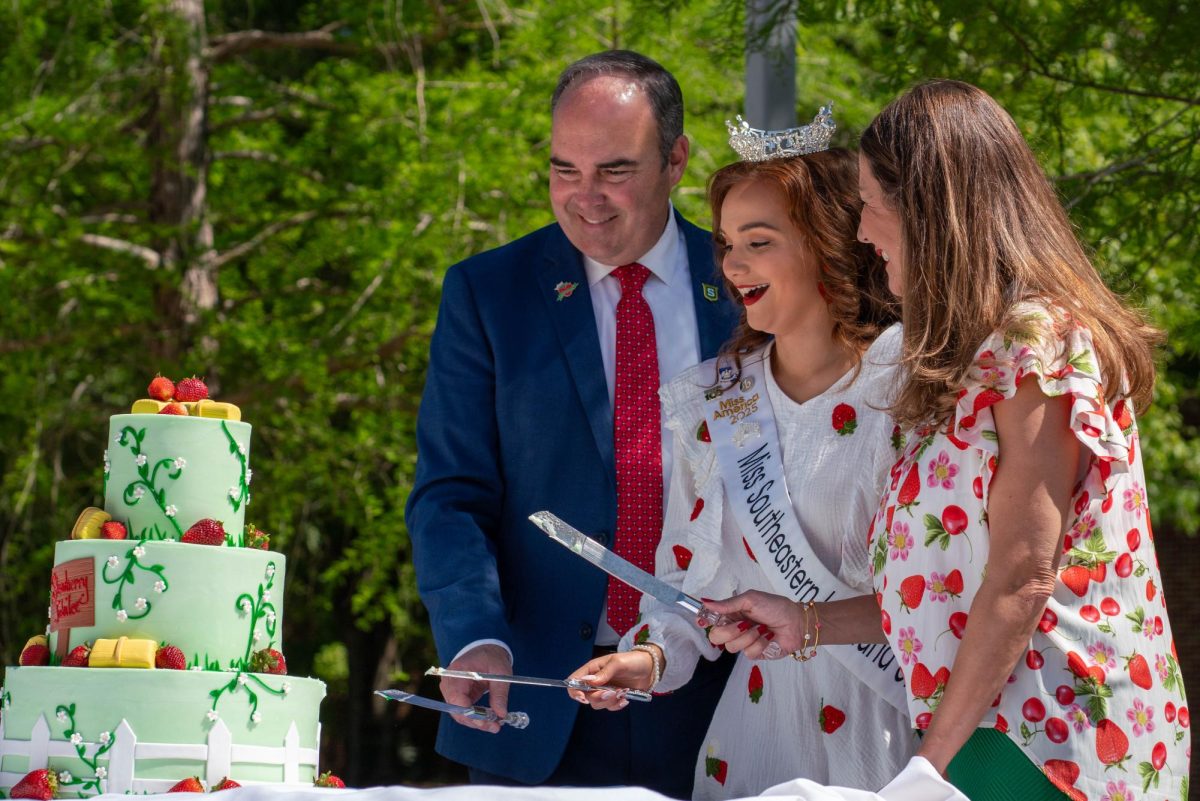
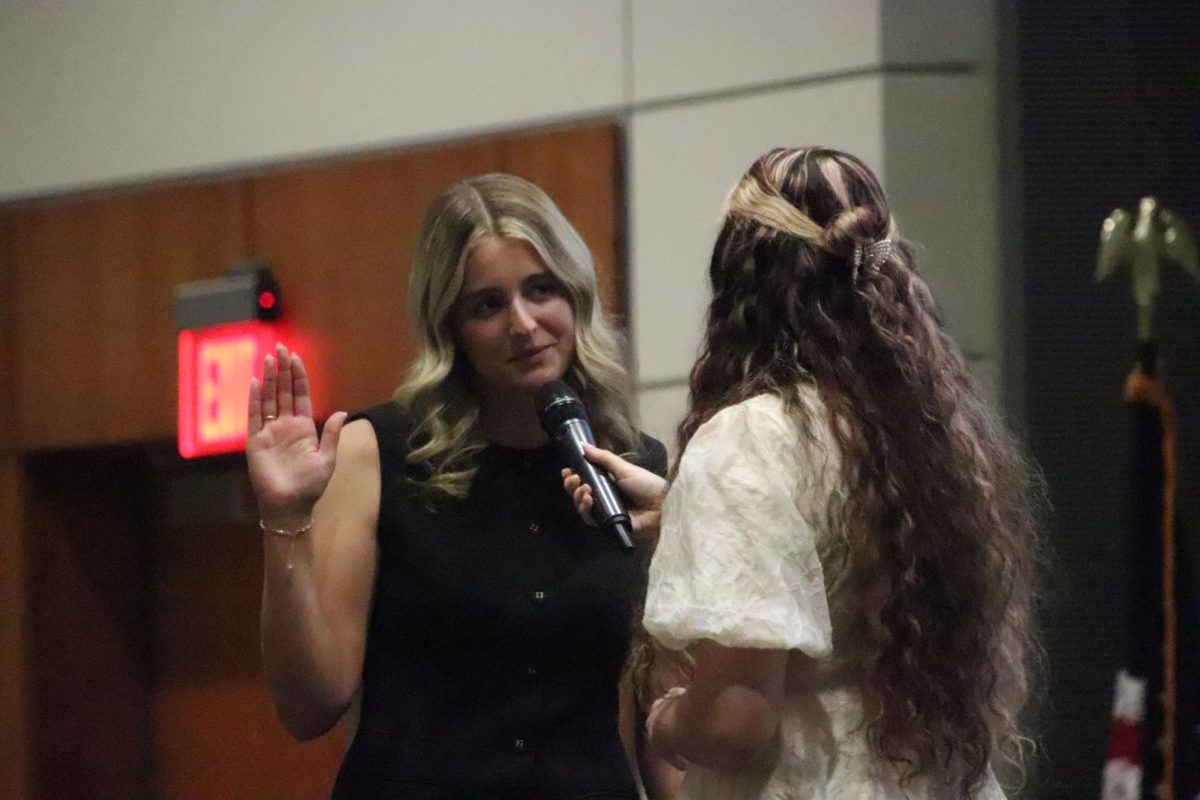
febixod510 • Jun 28, 2024 at 7:35 am
Good article
Margaret Law • Jun 22, 2024 at 2:27 am
Good article